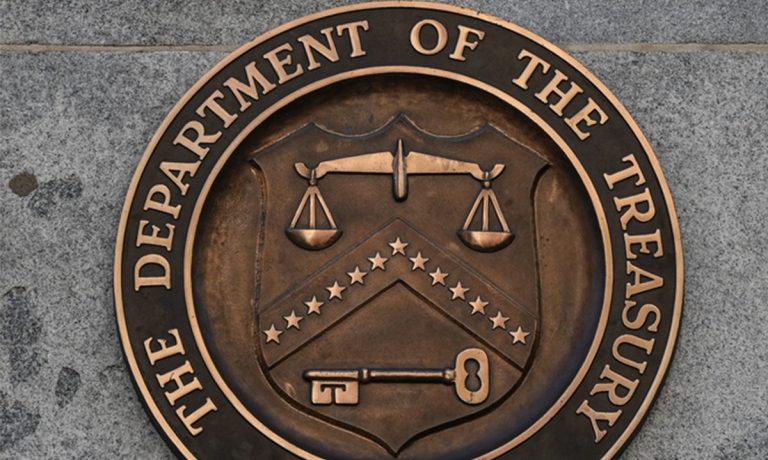That’s according to testimony Tuesday (April 9) by U.S. Treasury Deputy Secretary Wally Adeyemo, who spoke before the Senate Banking Committee.
“Our problem is that actors are increasingly finding ways to hide their identities and move resources using virtual currency,” Adeyemo said.
He testified that these actors include both terrorist organizations and U.S. adversaries like North Korea. Russia had also begun using the dollar-pegged stablecoin Tether to escape sanctions and “finance its war machine,” Adeyemo said.
A report on the deputy secretary’s testimony by Barron’s included a statement from Tether saying it is working with lawmakers to address illicit crypto financing.
“We look forward to continuing our collaboration with the U.S. government and law enforcement on this matter to foster a safer, more secure digital asset ecosystem,” Tether said.
Advertisement: Scroll to Continue
The Barron’s report notes that past crackdowns have driven down crypto prices, citing the FBI’s prosecution of Silk Road, which led to a 20% drop in Bitcoin. Some crypto lobbyists worry regulations will further hurt their sector, the report added, by cutting off parts of the industry from the larger banking system.
However, Barron’s adds, fears of being tied to illicit finance could be one of the few things keeping major investors such as sovereign-wealth funds from investing more heavily in the cryptocurrency space.
Meanwhile, PYMNTS argued in a report earlier this year that cryptocurrency’s “lack of reliability continues to hamstring the sector’s attempts to integrate itself into the broader financial system.”
Even when the Security and Exchange Commission (SEC) approved bitcoin exchange traded funds (ETFs) in January — something crypto proponents argue will lead to wider usage — the agency was clear it wasn’t endorsing bitcoin itself.
“Though we’re merit neutral, I’d note that … bitcoin is primarily a speculative, volatile asset that’s also used for illicit activity including ransomware, money laundering, sanction evasion and terrorist financing,” SEC Chair Gary Gensler wrote at the time.
And PYMNTS CEO Karen Webster put it in 2018, “what’s amazing to me is that we are still, as an industry, talking about it — bitcoin, now crypto, blockchain — as if its potential to revolutionize our global financial system, and the way money moves between parties around the world, is just around the corner.”

